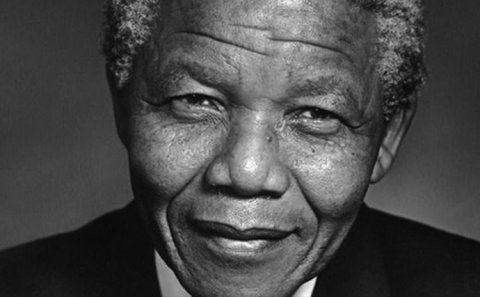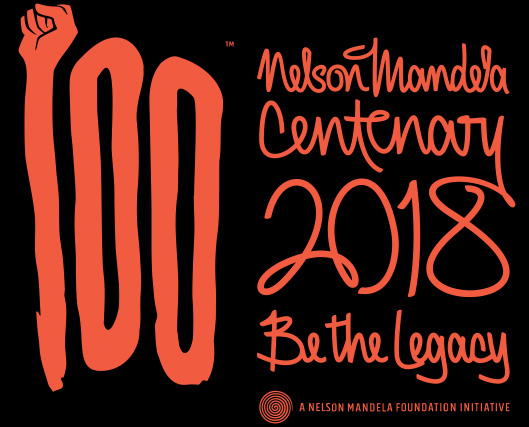
Nelson Rolihlahla Mandela, fondly known by his clan name of Madiba, was born in the small village of Mvezo in the Transkei (now known as Eastern Cape) on July 18, 1918. The day of his birth has become a ubiquitous moment to celebrate the richness of his life and remember his dedication to the service of humanity. Madiba lived by three key rules - a commitment often necessitated by personal sacrifice: Free Yourself, Free Others, Serve Every Day. His birthday is also a time to reflect on these sincere, long-suffering aims and acknowledge our ability and responsibility to make the world a better place. In November 2009, the United Nations declared July 18 "Nelson Mandela International Day," inviting the world to take action and inspire change, starting with our own communities. Mandela Day 2018 is special as it would have been his 100th birthday. The Nelson Mandela Foundation is dedicating this year's Mandela Day to Action Against Poverty, honoring Nelson Mandela's leadership and devotion to fighting poverty and promoting social justice for all.
Nelson Mandela's path to becoming a Nobel Prize Winner, South Africa's first Black President, and a global symbol of hope, peace, justice and human rights was paved with bondage, brutality, and bloodshed. His work with the African National Congress (ANC) in the fight for racial equality in South Africa led him to be targeted by the white apartheid government. Mandela helped to launch the African National Congress Youth League (ANCYL) in 1944 and was elected as the ANCYL National Secretary in 1948. He was elected as the National Volunteer-in-Chief for the "Defiance" Campaign, a massive disobedience campaign against unjust laws, in 1952. After going underground following the 1960 Sharpeville Massacre and subsequent banning of the ANC, Mandela served as the commander-in-chief for the ANC's armed movement, Umkhonto we Sizwe (MK) or "Spear of the Nation." When returning from his travels to generate support for MK, Mandela was welcomed with a five-year prison sentence for "illegal exit" and "incitement to strike." The following year ANC leaders were arrested at the MK command headquarters in Rivonia, a suburb of Johannesburg. All, including Mandela, accused of sabotage. Rather than testifying in the 1964 Rivonia Trial, Mandela declared in his now-famous speech at the beginning of the defense case,
"During my lifetime I have dedicated myself to this struggle of the African people. I have fought against white domination, and I have fought against black domination. I have cherished the ideal of a democratic and free society in which all persons live together in harmony and with equal opportunities. It is an ideal which I hope to live for and to achieve. But if needs be, it is an ideal for which I am prepared to die."
Mandela was sentenced to life imprisonment and sent to Robben Island. After serving 27 years and with increasing international pressure on the South African government, Mandela was released in 1990 and ANC was unbanned. Nelson Mandela became South Africa's first democratically elected President, and the nation's first Black President, on May 10, 1994. Although he only served for one term, stepping down in 1999, he established multiple foundations through which he remained true to those three rules of Free Yourself, Free Others, and Serve Every Day. One hundred years later, his devotion and legacy live on.
To soundtrack your celebration, check out the DJBooth x Tidal Playlist “Check The Rhyme: Nelson Mandela” which highlights 15 lyrical tributes to Madiba:

